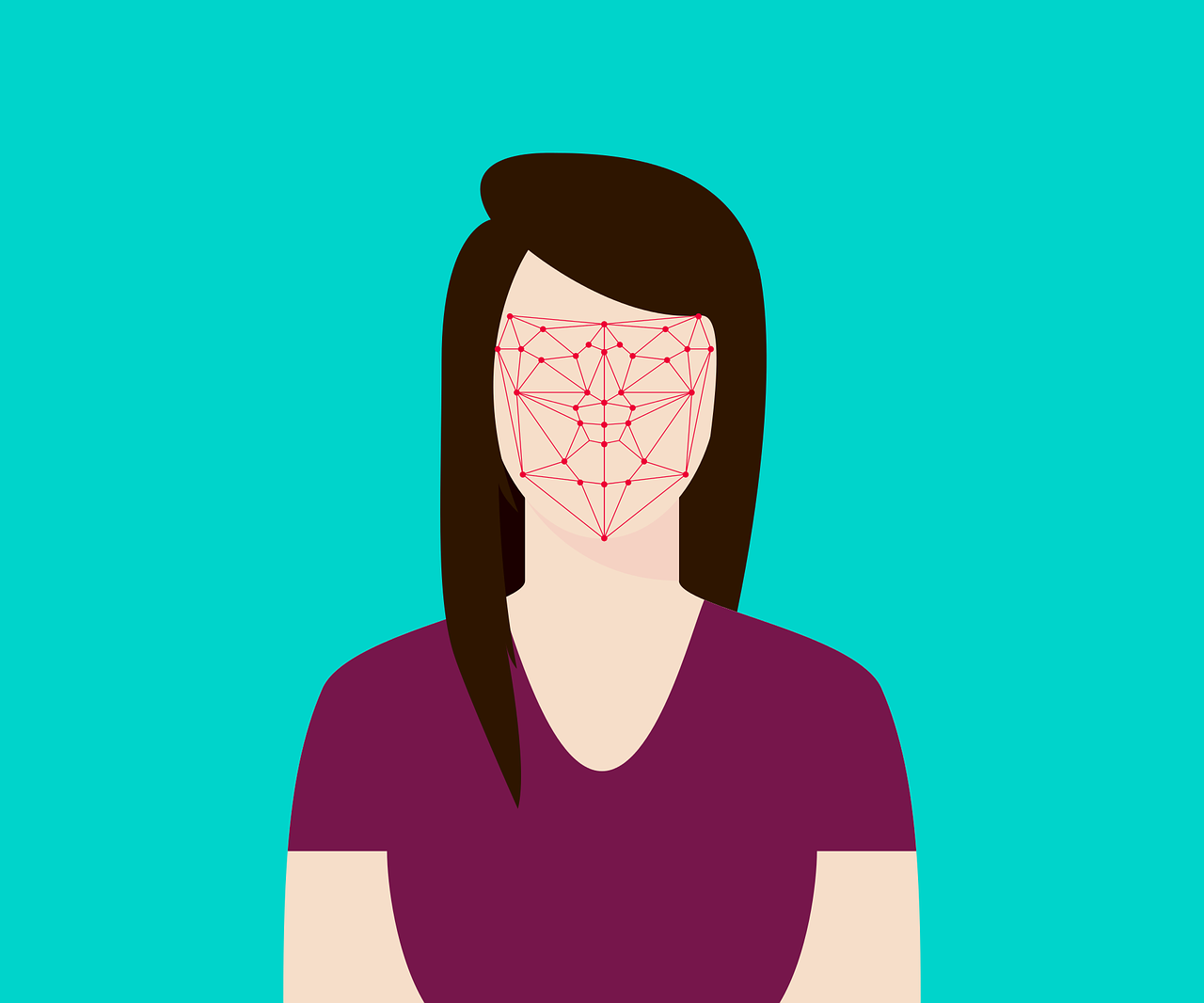The founder and CEO of Facebook, Mark Zuckerberg, once infamously said that privacy is no longer a “social norm”—and he stays true to his word. While Facebook is a great way to connect with friends and family, it poses privacy concerns for users.
From its ever-changing privacy settings to collecting personal data via third-party apps, Facebook seems to constantly be lurking in the background, with many people unaware of the various ways it invades our privacy on a daily basis.
In this article we outline a handful of ways Facebook is invading our privacy, and, crucially, how to stop the social network from doing so.
1. Facebook Uses Facial Recognition

Facial recognition is a type of technology that identifies you using your facial features in photographs or videos. Facebook uses this technology to notify you when you should be tagged in a photo or video.
I first noticed this setting when I was tagging my wedding photos. After I tagged the first wedding party shot in our wedding album, Facebook began to suggest tags for me. Not only did it suggest I tag everyone, but it correctly identified who each person was!
If this unsettles you, you’ll be happy to know that you can turn this feature off.
How to Turn Off Facebook Facial Recognition
To change your facial recognition settings on Facebook:
- Click the small triangle icon in the top-right corner of your Facebook news feed page.
- Select Settings & privacy then Settings.
- Click the option on the sidebar for Facial recognition.

Here you will be able to select whether or not you want Facebook to be able to recognize you in photos.
Although we have the ability to adjust this setting, it is still disturbing that some users may not know that their faces are electronically recognized by a social media application.
We have each had our face scanned and identified by Facebook, whether we wanted this to happen or not.
2. People Can Follow You Without Your Knowledge
Facebook does not only have friends lists as a way to connect with others. If your profile is set to public, you probably have a list of people “following” you.
Some of these people you may know, but others may be strangers to you. They don’t even have to add you as a friend, they can follow you to access anything you post publicly.
This is an unsettling feature because many people who have Facebook may not have their Facebook settings secured. As a result, they probably have a list of unknown followers who can see what they post on their timeline.
How to Check If People Are Following You on Facebook
To see if you have followers on your timeline:
- Go to your Facebook Profile
- Select Friends, then click on Followers. Your followers will be listed here.
You can delete followers on your list by changing your privacy settings, so that only your friends can see the content you are posting.
To only allow your Facebook friends to follow you:
- Click the small triangle icon in the top-right corner of your Facebook news feed page.
- Select Settings & privacy then Settings.
- On the sidebar, click on the Public Posts tab.
- Under Who Can Follow Me, select the Friends option.

If you want to find out more, here’s what you should know about following and unfollowing on Facebook.
3. Pending Friend Have Access to Your Posts
Have you ever received a friend request on Facebook, but you’re not sure if you want to add the person?
It’s best to make a decision quickly because when a friend request stays pending, the person who sent it can see your profile posts.
If you have friend requests piled up, make sure you answer them to prevent breaches of your privacy.
How to Accept or Reject Friend Requests
To view your Facebook friend requests:
- Select the Friends icon on your Facebook news feed.
- Select Confirm or Delete on each friend request to clear them.

4. Third-Party Apps Collect Information About You
Your Facebook applications and games are not as innocent as you may think. Facebook allows its third-party apps to collect data about your internet use and even your personal information.
Since these applications typically store their data on a server separate from Facebook, data breaches can be difficult to detect.
But Facebook also gets more data about you from third-party apps, organisations, and businesses. Facebook then uses your off-Facebook activity to serve you related advertisements.
How to Change Off-Facebook Activity Sharing
To see which third-party applications share your information with Facebook:
- Click the small triangle icon in the top-right corner of your Facebook news feed page.
- Select Settings & privacy then Settings.
- Click the Your Facebook Information setting on the sidebar.
- Go to Off-Facebook activity.

From here you can view which third-party applications and services share your activity with Facebook.
You can edit the settings for each app by clicking on the relevant icon.

When you sign in to an app using your Facebook profile, it’s important to be cognizant of the access you’re giving
To get more control over your profile data, make sure to read up on how to prevent third-party apps from accessing your social media data.
5. Facebook Can Control Your Profile After You Die
Do you ever wonder about what would happen to your Facebook account if you died? If you pass away without selecting someone to take care of your account, your information stays with Facebook.
That’s why it is important to select a legacy contact to take care of your account in the event that something happens to you. That person can also turn your Facebook profile into a memorial page where loved ones can leave kind messages and mourn your loss.
How to Select a Facebook Legacy Contact
To select a legacy contact on Facebook:
- Click the small triangle icon in the top-right corner of your Facebook news feed page.
- Select Settings & privacy then Settings.
- Select the General tab.
- Under Memorialization Settings, you can choose a friend to be your legacy contact by typing in that trusted person’s name.

Your legacy contact should be someone who is very close to you, such as a partner or sibling.
Take Control Over Facebook Privacy Breaches
Although Facebook isn’t always forthcoming about the possible scenarios for privacy invasion that their platform presents, they do have settings available so that you can protect yourself.
Whenever Facebook updates its platform, you should check your privacy settings to make sure new options have not been added and that the settings you previously opted for are still intact.
In the end, it’s up to you to protect your personal information. When Facebook changes or updates its privacy policy, keep informed about how this affects your personal data.



